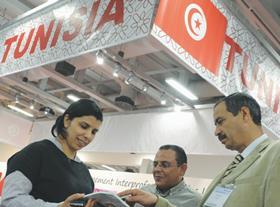
The World Bank has announced a US$140m project to support the Tunisian government’s focus on irrigated agriculture in order to manage scarce water resources.
The project will equally create economic opportunities, especially in underdeveloped rural regions, according to a report in Tunis Daily News.
One priority includes repairing irrigation systems to make them more efficient and reliable, creating a more productive agriculture sector that generates greater revenues and provides opportunities for a diverse range of people and enterprises, including women and young people, according to the World Bank.
The Irrigated Agriculture Intensification Project will rehabilitate existing irrigation schemes in agricultural areas in the governorates of Béja, Bizerte, Jendouba, Nabeul, Sfax and Siliana.
In addition to addressing water losses, which can be as high as 40 per cent, repairs will improve the consistency of delivery.
The project will also provide assistance to growers to help them identify higher value crops and increase yields, while linking them to markets.
The project will mobilise private investment in agriculture, with matching grants offered to encourage investment in post-harvest infrastructure, such as cold chain logistics and processing facilities.
“The project will provide training and capacity building which will be targeted at vulnerable groups such as women and young people, so that they have the support they need to access new opportunities created in agriculture,” said Francois Onimus, the World Bank’s Senior Water Resources Management Specialist and co-Task Team Leader for the project.



